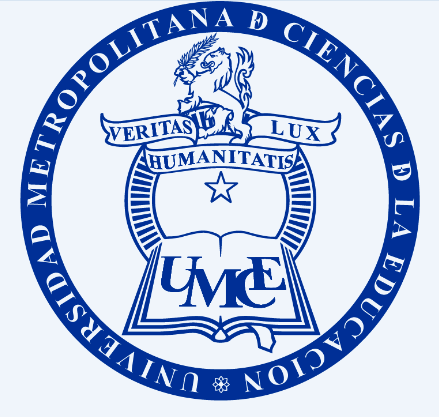Main Article Content
Aug 22, 2018
Abstract
Nowadays, with the constant technological evolution and the development of innovation, the space is acquiring new forms of storage, processing and representation that have a greater complexity, but that still do not manage to model the totality and variability that reality has. However, the constant processes of technological innovation –and each of their stages–, that are assuming an improvement in the relationship with space, resulting in new processes and interactions, reaching educational aspects such as Ubiquitous Learning. Thus, better learning processes are generated, that are contributing to the interaction and modelling of space, although without achieving full emulation of personal experiences.
Downloads
Policies for open access journals
Authors who publish here accept the following terms: Authors will keep their copyright and will guarantee the journal the right to the first publication of their work, which will be subject to the Licence of Creative Commons acknowledgement, which allows for the use of this material only if the authorship is credited and the original source is acknowledged (the journal’s URL), and if it is not used with commercial ends and with any derivations of the original work.
Authors may adopt other non-exclusive license agreements of distribution of the published version (e.g. to save it onto a digital institutional archive or publish it in a monographic volume) only if the initial publication of this journal is indicated.
It is permitted and recommended for authors to divulge their work on the Internet (e.g. institutional digital archives or webpage) before and during the submission process, which may lead to interesting exchanges and increase the citations of the publication. (See Open Access Effect).






